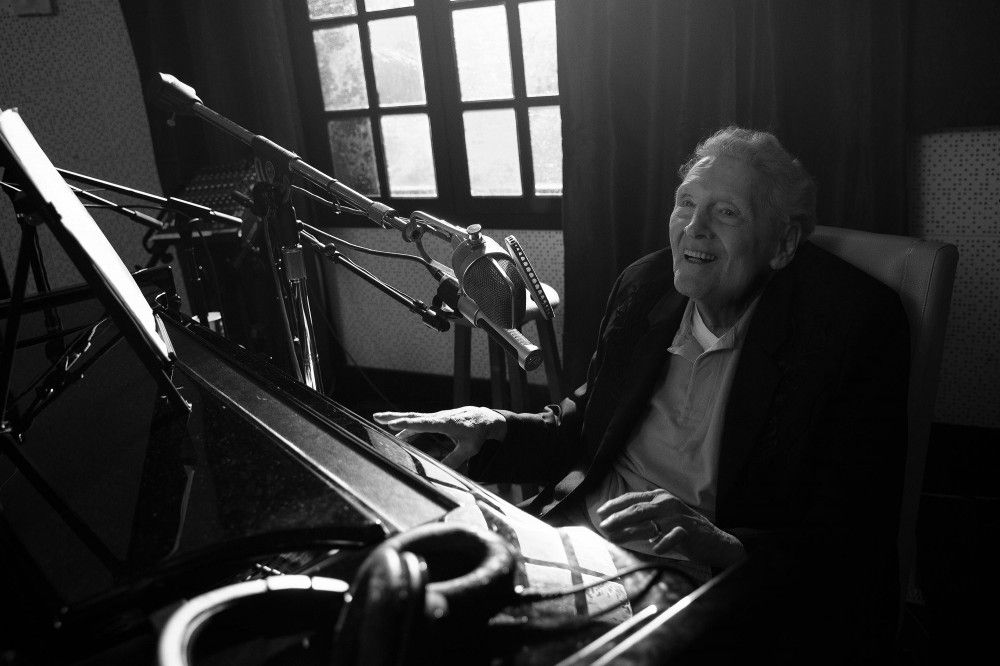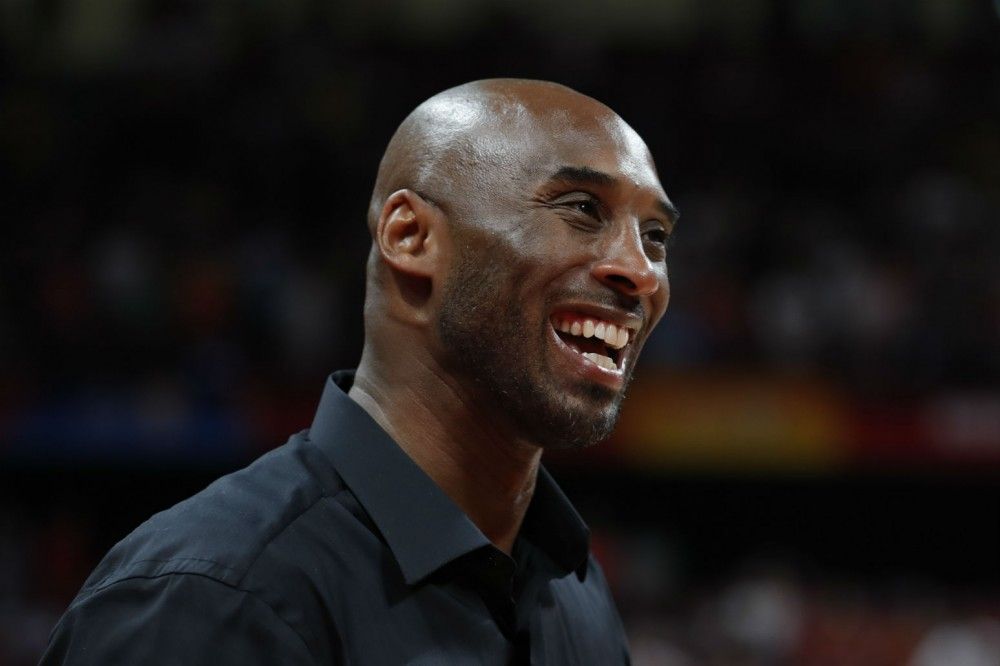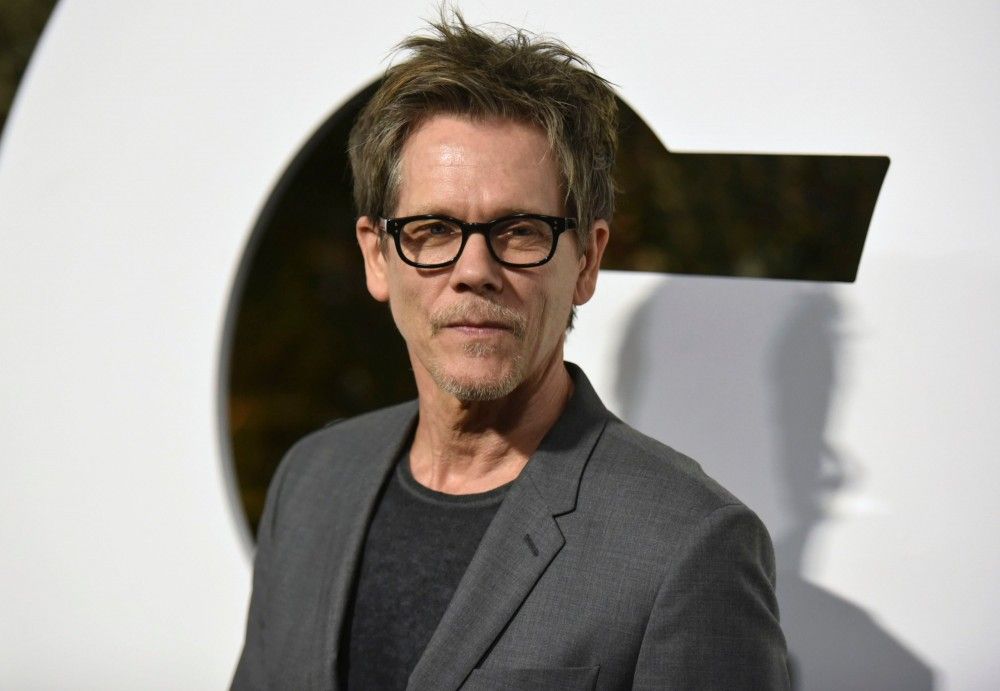
Jerry Lee Lewis Returns to Music: 'I Thought I Would Never Play Again'
When entered a Nashville recording studio late last month, he had no idea what was going to happen. He had not played music since February 2019, when he suffered a serious stroke at his home in Nesbit, Mississippi. Though his team described the stroke as “minor” at the time, it wasn’t; Lewis was left with mobility issues, and those around him feared he wouldn’t survive. Lewis was more concerned about whether he would ever be able to play the piano again; he spent three months in a rehab facility relearning to walk and trying to gain use of his right hand. It was a struggle.
Late last month, the 84-year-old Lewis booked a recording session — his first in more than five years — to see if he could still make music. The idea was to begin a long-planned album of gospel classics that he’d known since his childhood in Ferriday, Louisiana — songs he knew before he helped kick-start rock & roll with hits like “Whole Lotta Shakin’ Goin’ On” and “Great Balls of Fire.” Before the session, Lewis told his team and producer T-Bone Burnett that he didn’t want a piano in the room at all: his right hand wasn’t working, and he just wanted to sing. But they kept one in the room just in case. When Lewis sat on its stool, he couldn’t help but lift his right hand onto the keys. To his own surprise, his fingers started moving.
“I couldn’t believe it, I couldn’t believe it,” Lewis says now, reflecting on that moment. “I never experienced anything like that. There I was playing piano with my right hand. I thought I would never play again.”
With his wife, Judith, sitting next to him, Lewis spent two days laying down tracks with a band that included guitarists Kenny Lovelace (who has played with Lewis since 1966) and James Burton, plus gospel legends the McCrary Sisters on backup vocals. After shaking off nerves, Lewis eventually loosened up; at one point, he told the band about the time, when he was a kid, he walked across a narrow bridge 150 feet above the Mississippi River on a dare. Though his vocals could be rough, there were flashes of his old power, and his piano playing remained loose, confident, and unmistakably the Killer.
“I was in shock, for starters, that we were even there,” says Burnett. “He went from saying, ‘I can’t play piano,’ to sitting down, picking up his right hand and playing. His family all welled up. That’s the power of love, you know?”
Lewis is sharp and upbeat on the phone a couple weeks after the session. He responds to compliments with, “Thank you, Killer,” and shows flashes of his old cockiness: Talking about the period when he stopped having hits, he says, “I thought I would just bow out, get out of the way, make room for somebody else.”
But Lewis doesn’t hold back describing the pain of last year. “I’ve never experienced anything like it,” he says of his stroke. “It was very challenging, and it was a very emotional experience. I didn’t know what was going on. I woke up in the hospital.” He couldn’t help but think about death. “And I just did some heavy praying, and tried to get back on the right track.”
Lewis is feeling much better now. “In reality, his health is better now than it’s been in the past five or six years,” says Judith. Lewis no longer needs additional oxygen, like he did for three years. He doesn’t take any pain medication, just the occasional Advil or Tylenol. The stress of the weekend recording in Nashville gave Lewis a major headache, Judith says, which took a toll: “His emotions are 100 times the average person, what he feels, because he’s a genius,” she says. “And it intensifies his emotions.”
After his successful return to the studio, Lewis has a new goal on his mind. He wants to be inducted into the Country Music Hall of Fame, which usually announces its inductees in March. Beginning with his 1969 album Another Place, Another Time, Lewis scored nearly two dozen Top 10 country hits, including “What Made Milwaukee Famous (Has Made a Loser Out of Me).” Four of those hits went to Number One, and he placed high on Rolling Stone’s 100 Greatest Country Singers of All Time. Still, he has yet to be inducted into the Country Music Hall of Fame. “I’d like that to happen,” Lewis says. “I don’t know any reason why not. You couldn’t be any more country than I am.”
As far as Lewis is concerned, “I think I’ve always been a country artist,” he says. ” ‘Whole Lotta Shakin’ Goin’ On’ was Number One in country. So was ‘Great Balls of Fire.’”
One reason Lewis isn’t already in the Hall of Fame may be his reluctance to play by Nashville’s rules. There’s one legendary story about the time he played the Grand Ole Opry in 1973. Rather than sticking to country songs, he played a fiery set of his rock & roll hits, and blasted well past his time limit. Lewis laughs at that memory today: “I went on and they introduced me and I don’t know who done it but I went ahead and played 56 minutes. They kept trying to get me off the stage and I didn’t pay any attention to ’em.” According to some reports, Lewis also cursed on the air, calling himself a “rock & rollin’, country-and-western, rhythm-and-blues-singin’ motherfucker.” But Lewis doubts this: “I could have; I was pretty wild back in the day. I doubt I said that, though. That don’t sound like me.” (His team says he said “mother lover.”)
These days, Lewis spends most of his time at home with his wife, taking it easy. “Oh, I mostly just lay around and rest, and watch old TV, and do my exercising and things I have to do,” he says. Sometimes, he’ll call , one of the only other rock & roll innovators left. “Oh, I talk with Richard occasionally,” Lewis says. “We talk about old times, and good times, and what’s going on in our health. He’s a good friend of mine.”
Since Lewis lives near Memphis, occasionally he’ll ride past Sun Records Studio, where he, Sam Phillips, Elvis Presley, Johnny Cash, Carl Perkins, and others started a musical revolution that still echoes through the culture today. “I go by there sometimes,” Lewis says. What goes through his mind? “Precious memories,” he says.
Lewis’ stroke last year forced him to cancel a world tour that included major shows like the New Orleans Jazz Fest. Lewis hopes to perform again one day. “We’re thinking about it,” he says. “Whether it’ll come off or not, I don’t know.” But for now, he’s grateful to simply be playing again. “It feels like I’m home,” he says.



